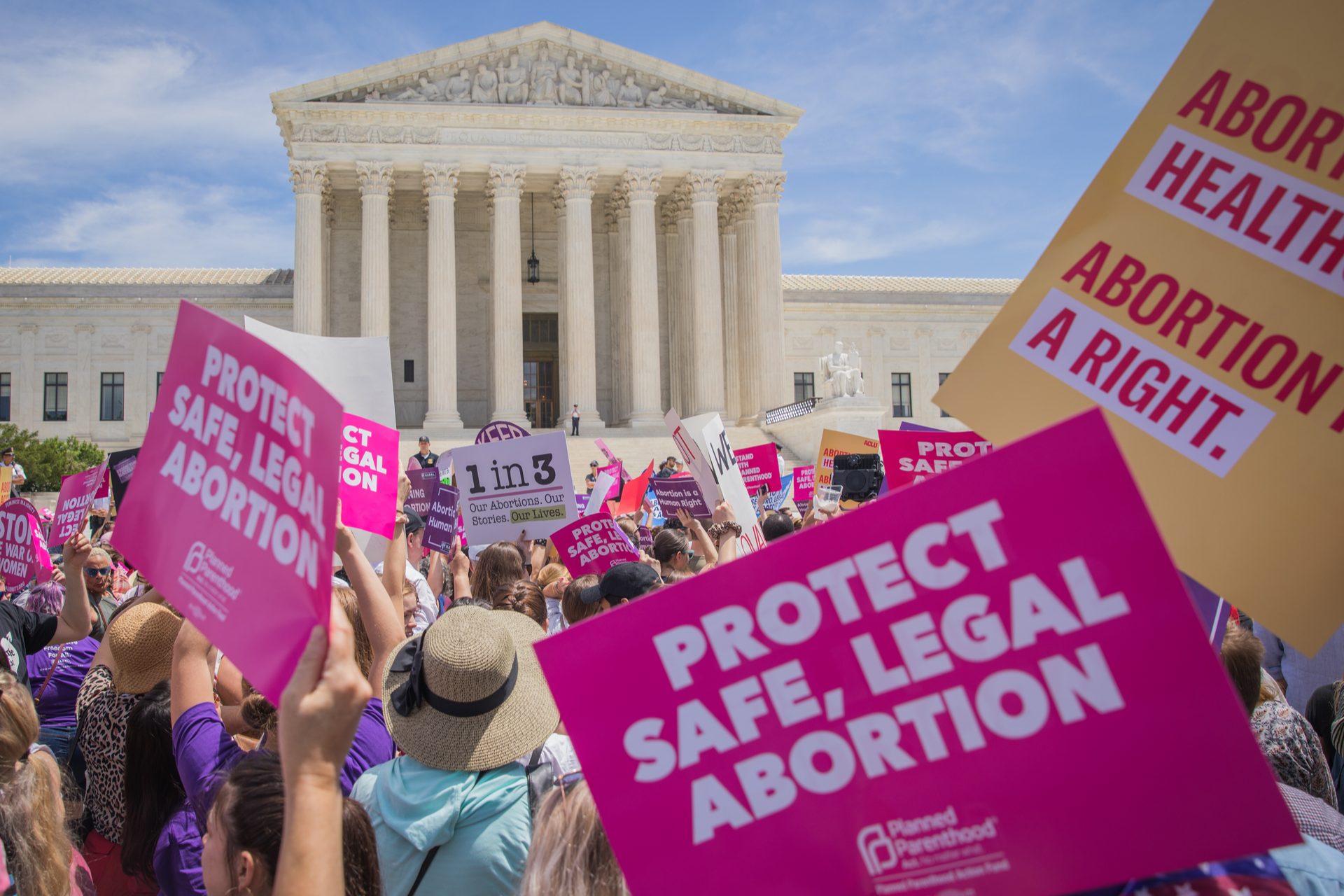A Florida judge on Thursday issued a temporary injunction blocking a new ban on abortion after 15 weeks of pregnancy, ruling that the law is unconstitutional as it “violates the privacy provision of the Florida Constitution.”

The new law, which was set to go into effect July 1, states any health care professional or clinic that performs an abortion after 15 weeks will receive detrimental licensing and disciplinary action. It does however provide exemptions in cases where a pregnancy is a serious health risk to the mother or a fatal fetal abnormality is detected by two physicians.
In his ruling following the two-day hearing, Second Judicial Circuit Court Judge John Cooper issued a temporary statewide injunction that will go into effect once he signs the written order in the challenge brought by some Florida abortion providers.
The law was signed by Florida Republican Gov. Ron DeSantis in April. In a statement, DeSantis’ office expressed disappointment with Thursday’s ruling but said they were confident that the law will “ultimately withstand all legal challenges.”
“The Florida Supreme Court previously misinterpreted Florida’s right to privacy as including a right to an abortion,” the office said in the statement. “We reject this interpretation because the Florida Constitution does not include — and has never included — a right to kill an innocent unborn child. We will appeal today’s ruling and ask the Florida Supreme Court to reverse its existing precedent regarding Florida’s right to privacy. The struggle for life is not over.”
The judge highlighted precedent from past Florida Supreme Court rulings stating that Florida’s right to privacy is “much broader in scope than the federal right to privacy.” He also pointed out that even though the U.S. Supreme Court receded from Roe v. Wade last week, the state’s privacy amendment would protect abortion rights in the state. Currently, Florida bans abortions after fetal viability, set at 24 weeks.
Judge Cooper said the state had the burden to prove that the law advances a compelling state interest through the least restrictive means, and it ultimately failed to meet that burden. He found the testimony of the plaintiffs’ expert witnesses to be more credible than that of the state’s expert witnesses and agreed with the plaintiffs that the new law does not advance, but rather undermines, maternal health.
Read more articles from Haute Lawyer, visit https://hauteliving.com/hautelawyer


















